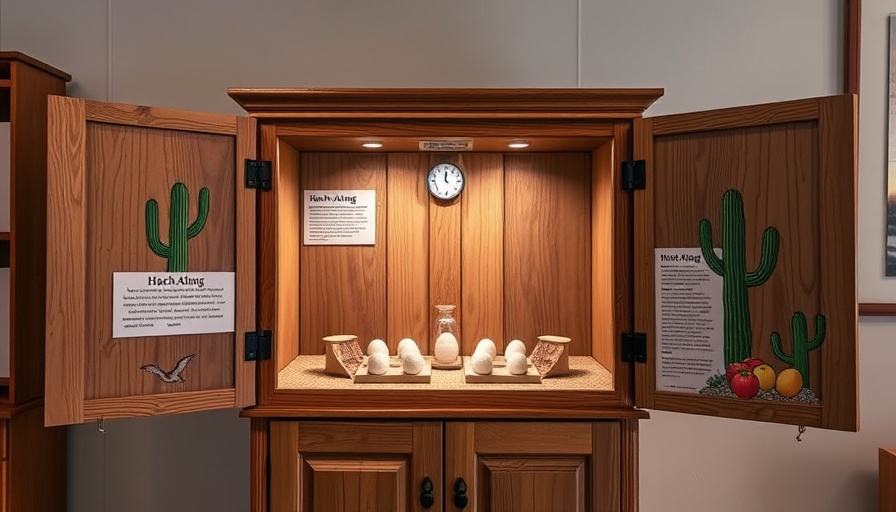
Understanding the Challenges of Gardening in Arid Environments
Gardening in desert climates presents unique challenges that demand not only specialized knowledge but also innovative strategies. The participants of the "Garden in the Desert Hatch-Along" are indeed pioneers in this endeavor, as they navigate the difficulties associated with low water availability and extreme temperatures. Understanding the specific needs of various plant species and adapting them to thrive in these conditions is crucial for success. Customized irrigation systems, like drip irrigation, become vital to conserve water while providing adequate moisture to plants.
Identifying Successful Plant Varieties
Choosing the right plants is one of the most significant factors in a successful desert garden. Drought-resistant species such as succulents and native plants not only require less water but also contribute to local biodiversity. The Hatch-Along community emphasizes the significance of selecting regional varieties that have adapted to local conditions, ultimately ensuring a more sustainable and productive garden.
Creating a Supportive Gardening Community
The Hatch-Along initiative reflects the importance of community among those interested in gardening under challenging conditions. Participants can share knowledge, experiences, and encouragement, fostering a sense of belonging. Such communal support is vital in overcoming challenges and can lead to meaningful solutions about resource sharing, environmental concerns, and gardening techniques.
Embracing Innovative Gardening Techniques
With advancements in gardening technology, numerous innovative practices can be implemented. For instance, vertical gardening can save space and enhance plant growth while minimizing water use. Additionally, utilizing shade cloths can protect plants from extreme heat. Engaging with these innovative practices can significantly affect a desert gardener's success rate.
Conclusion: Join the Gardening Revolution
The "Garden in the Desert Hatch-Along" not only serves as a platform for personal growth but also creates an avenue to revolutionize how we think about gardening in hostile climates. This initiative is a reminder that through community, education, and innovation, we can transform adverse environments into flourishing ecosystems. Don’t miss out on the exciting opportunity to learn and participate in this gardening revolution!
 Add Row
Add Row  Add
Add 




 Add Row
Add Row  Add
Add 

Write A Comment